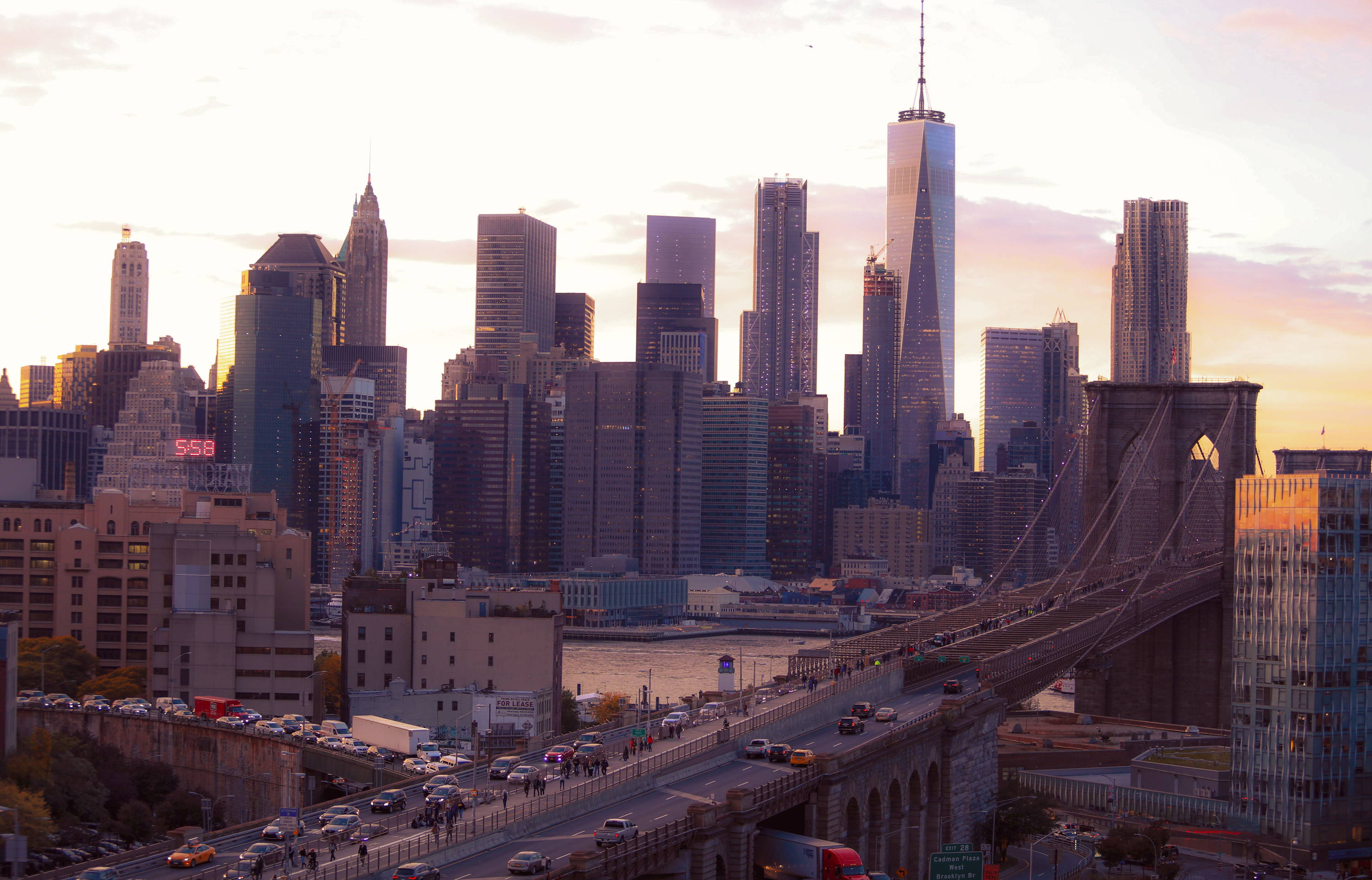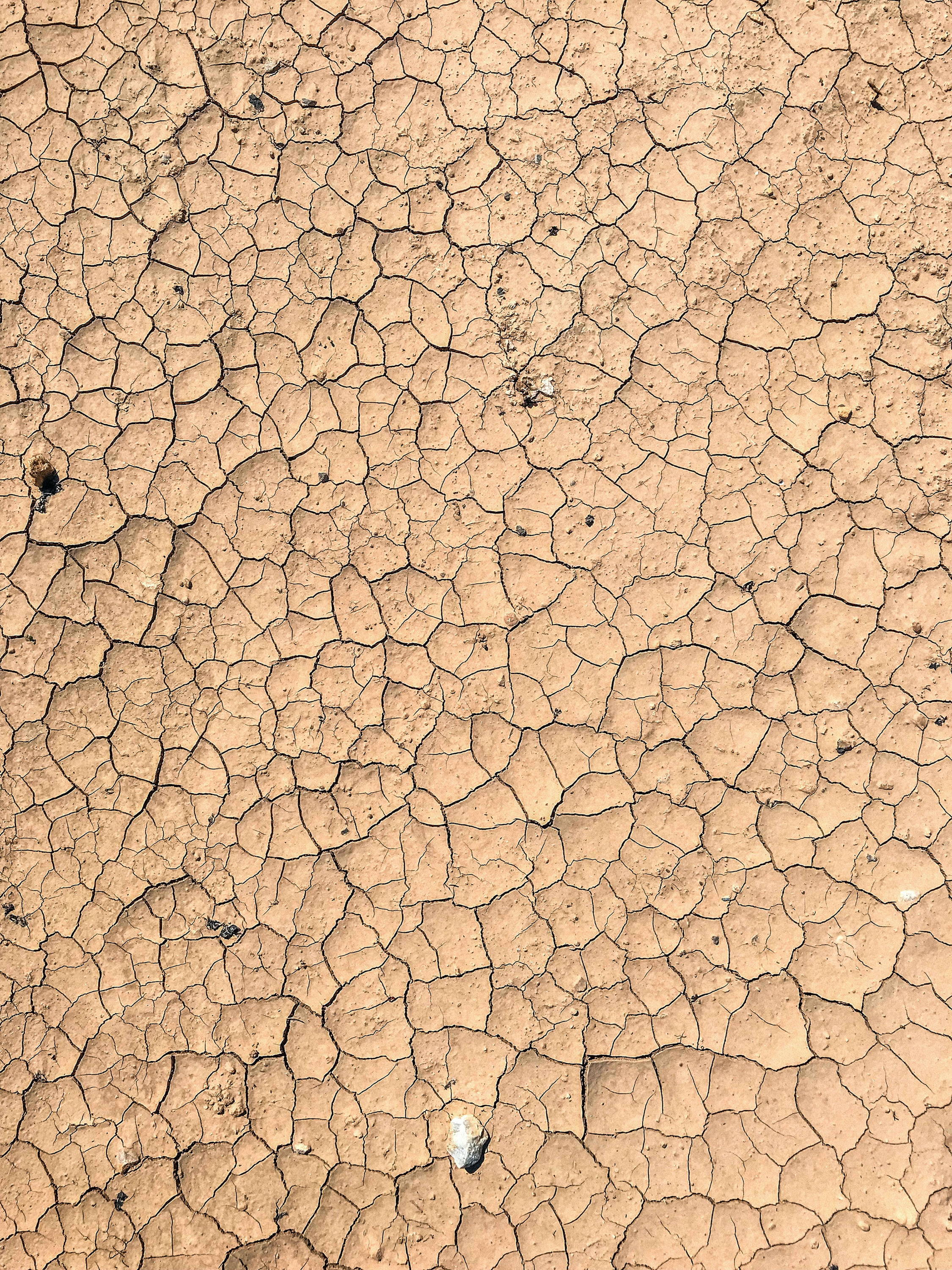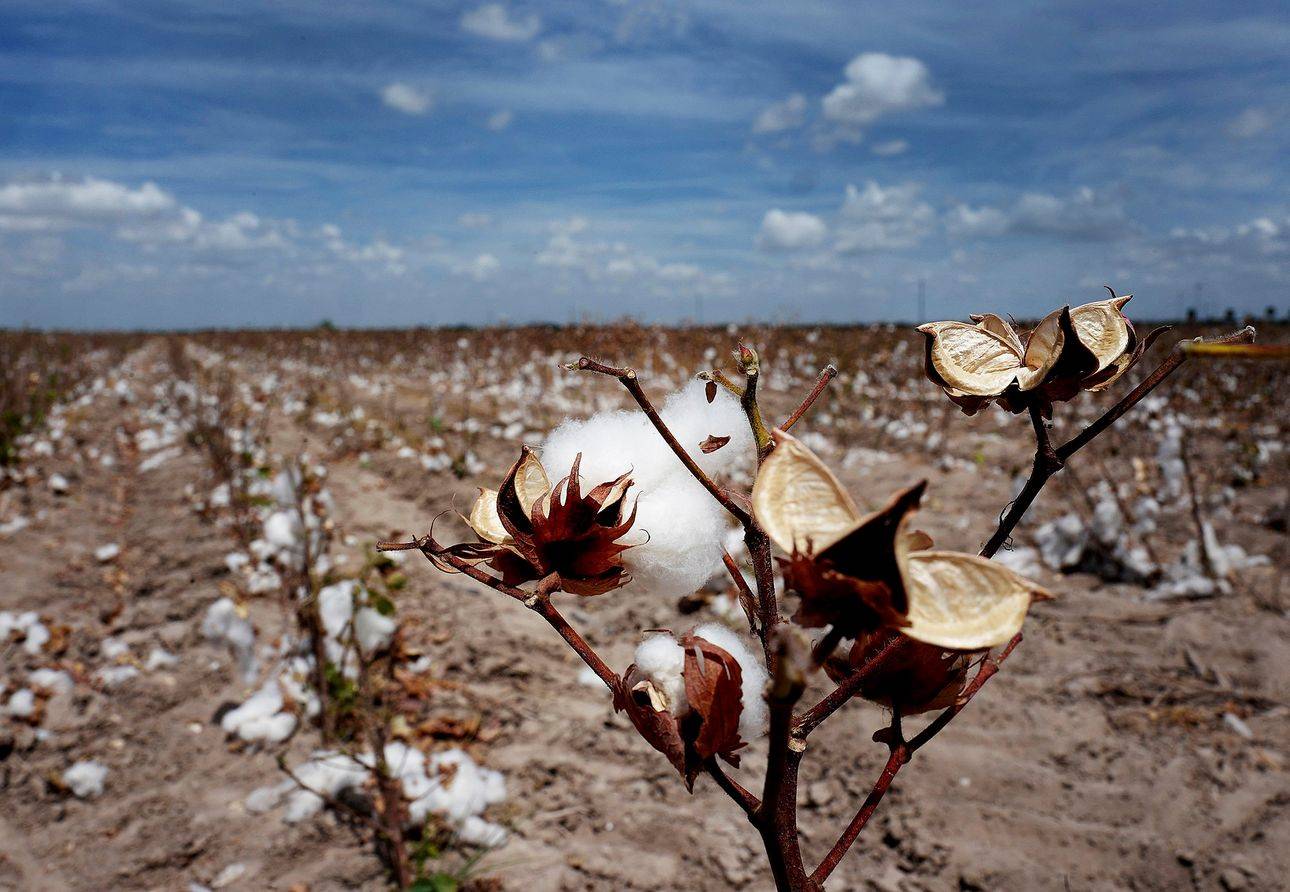Water scarcity around the world and how it impacts you
#REPORTER
23 AUGUST ‘22
4 minutes

Image source: @neom
Expect the Unexpected
The hot topic of this scalding summer is the water scarcity and how the globe is dealing with it. In the face of climate change, globalisation and social media, we are repeatedly reminded that summers are getting hotter and that responding to this sooner rather than later is important to protect our environment and way of life. With each coming summer, we are notified that a new heat record has been reached, exacerbating forest fires across America, Europe and the rest of the world. By now, dryness, droughts and fires are expected in places like the South-West of North America and Southern Europe. It would take a forest fire in Ireland to shock the world as we get used to this normal. We are rapidly realising that we have to over-prepare and brace ourselves for surprising changes in our own cities.
Drought in the country of rain
The map of the UK went red this summer. The National Drought Group recently declared an official drought throughout vast areas of the UK and more regions are expected to be added soon as well. Following this prolonged dry period, temporary bans on things like hose pipes and lawn sprinklers may be placed as part of a plan in dealing with droughts.
Although it is surprising, the causes for the droughts in the UK are due to the same factors as everywhere else: reduced rainfall, overuse, leaks, etc. There are ways the UK may deal with drought that are common and others that are more unique to its geography, such as cutting non-essential use of water compared to using desalination plants or taking more water from rivers. There is great room for improvement where waste is concerned, as the BBC reported that up to three billion litres of water are lost in the UK every day.

Image source: @neom
American harvests suffer from drought
In the US, droughts are hitting predictable areas with more severe effects. This month, stories of preoccupying water shortages in the American South-West have dealt with scorched farming fields, surging cotton prices and new rules on access to water from the Colorado River. In the hardest hit cotton-producing state, Texas, farmers have suffered from dramatically reduced rainfall for the past year. One farmer cited in The Wall Street Journal said his fields have received only about 3 inches of rain from the commonly expected 17 to 18 inches. At the same time, measures to protect the Colorado River are being made to reduce water consumption and maximise the use of river water and by limiting its use for farming. In some cases, farmers are even being paid not to farm.
Depleted dams in rich cities
Across the border, the water crisis has been developing in Mexico for years, yet it is during this year’s particularly severe dry spell that emergency water rationing has affected wealthy states such as Nuevo Leon. For months, Monterrey, a city sometimes referred to as “the richest in Latin America”, has been dealing with intense water rationing measures as its dams run dangerously close (as in 1% capacity) to drying up altogether.
Scheduled water access has imposed lifestyle changes to the majority of the population, while some groups have blockaded highways as their supply is cut for weeks on end. Desperate times call for desperate measures: the Mexican Air Force has gone so far as to bombard clouds to increase chances of precipitation and a group from the catholic community, including the state’s governor, attended a public mass to pray for rain. New agreements have been made to import water from other parts of the country to Nuevo Leon—a state that has experienced immense population growth due to its employment opportunities.
Pressure on energy generation:
The effects of water scarcity are hitting closer to home on the other side of the world. In Europe, hydropower is an important source of energy, and by definition, cannot function without enough water in rivers and reservoirs. Throughout the continent, the electricity generated by hydropower has fallen by twenty percent over the past year. Lower water levels and intense heat also affect nuclear power, a crucial energy source in Europe, because water is used to cool down nuclear facilities. As per the BBC, Italy’s production of hydroelectricity has been limited by 40%, which is considered “extreme” by experts. Norway has also had difficulties in generating hydroelectricity and has warned that it may not be able to export electricity to other countries until its reservoirs are refilled.
Low water levels are also hitting the unprecedented Rhine River. A boat sat 1.2 metres deep in 1.5 metres levels of water only a few days ago. The depth changes throughout the river and it has not fallen to the lowest level ever recorded, but the trend is for it to get lower, making it likely that the Upper Rhine will be closed to traffic soon. This is a concerning situation because coal is mostly transported via boats into Germany, its reliance on the resource increasing as the country reduces its dependence on Russian gas.
Sustainable water use is vital
These are just a few examples of how the West is experiencing water scarcity this summer. Many other places are affronting similar problems that are not going away with a one-time investment nor massive public church mass. One thing to bear in mind is that the use of water should always require rationing. It is, after all, a finite resource, an essential right, a life source. It is up to everyone to do a little bit to treasure water, but the sustainable solutions require permanent attention. We need these reminders lest we forget that such a precious resource cannot be a low priority in a political agenda, nor be allowed to be exploited by greed. The world needs constant reminders that water scarcity can only be either mitigated or exacerbated, because global water scarcity will not be over with the change of season.












